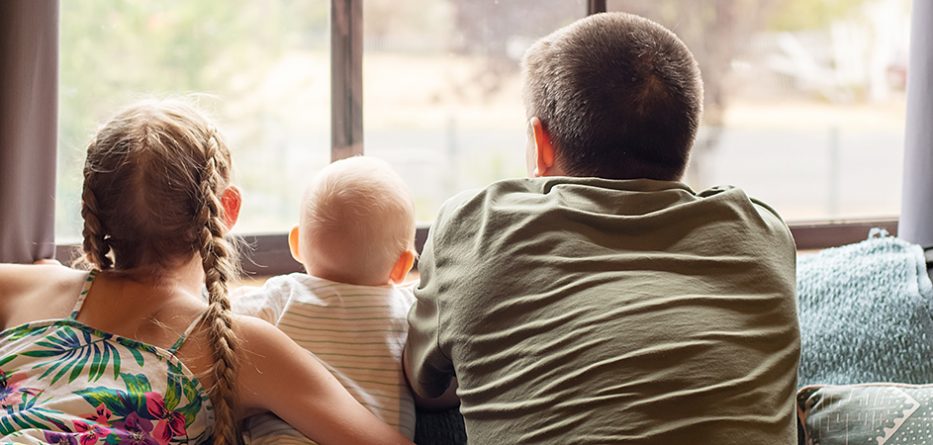Half of all Australians report feeling increasing loneliness since coronavirus. But isolation and social distancing need not produce negative emotions.
A new collection of resources launched by Australian Catholic University (ACU) aims to mine history for other ways of thinking about isolation and help people manage the emotional challenges of protecting themselves against coronavirus.
The Emotions of Isolation is a project of the Australian Research Council’s Centre of Excellence for the History of Emotions, of which ACU is a Node. It features a series of video reflections on how isolation has been approached by thinkers and communities at different times in history and how those insights are relevant in today’s pandemic.
Friendship, despair, waiting, comfort, location and embodiment are among the emotions explored.
The project’s leader Dr Dawn LaValle Norman said the idea was to use historical research to provide techniques and tools for people living with contemporary challenges.
“We know that people at other times in history have had different ways of thinking about isolation and we think bringing those approaches into how we cope with coronavirus isolation could open up different experiences of being in lockdown or socially distanced.”
With Victorians having spent almost two months of this year in lockdown, and people in other parts of Australia still facing restrictions and concerns about a second wave, the circumstances of isolation are difficult to change.
But Dr LaValle Norman said understanding history can help people change how they think about being apart from others. “Isolation is something people have experienced throughout history and in certain times it’s been something that they sought. So, it’s helpful to think about why people chose isolation and what they gained from it.”
In fact, the very concept of loneliness is relatively recent. The idea was unknown before the 19th Century, when Romantic thinkers began to focus on the internally-driven passions of the individual.
At other times, isolation has been thought of as a desirable path to insight. In early Christianity, ascetics living by themselves sought to withdraw from the distractions of society. “It wasn’t conceived of as loneliness, it actually made them feel more spiritually connected to community and that tells us something about what makes us feel lonely.
“We know that being enmeshed in a sense of community is more important than just being with people. You can feel lonely in a crowd. If you are part of a community who is sharing the same experience you feel less lonely, even if you are not actually with other people.”
Stories from historical research also provide models for thinking about the positive by-products of physical isolation. Dr LaValle Norman gives the example of the writing of Methodius of Olympus, who lived in an out-of-the way town during a major breakdown of the Roman Empire in the 3rd Century CE.
“He’s not in Melbourne or Boston. He is in the equivalent of small-town Alabama but because the usual networks have broken down, he is able to project his little town as a kind of intellectual oasis. It’s like putting up a Zoom background projecting the image he wants and making his world feel like a bigger place.
“He feels he can be part of the intellectual network of his day, in the same way that during the pandemic we’ve been able to participate in a conference on the other side of the world, because now it’s all online. It can actually make us feel more connected.”
Moving from a focus on physical contact to spiritual connection is another theme in the project. The pandemic has brought about a huge increase in the livestreaming of religious celebrations. Theologians like Thomas Aquinas thought that sacramentally eating the eucharistic body and blood of Christ was less important than our spiritual ‘reception’ of Christ through becoming like him in faith and charity. Even if we can’t “eat” through a screen, we can still participate in this spiritual community.
“We are seeing this practice developing now when people can’t go to church due to COVID. You attend religious services online and when it’s time for communion a prayer pops up instead of going up to receive communion.
“We can take the concepts that the medievals developed and use it to help us cope with the pandemic,” said Dr LaValle Norman.
The Emotions of Isolation site can be accessed here.
With thanks to ACU.








